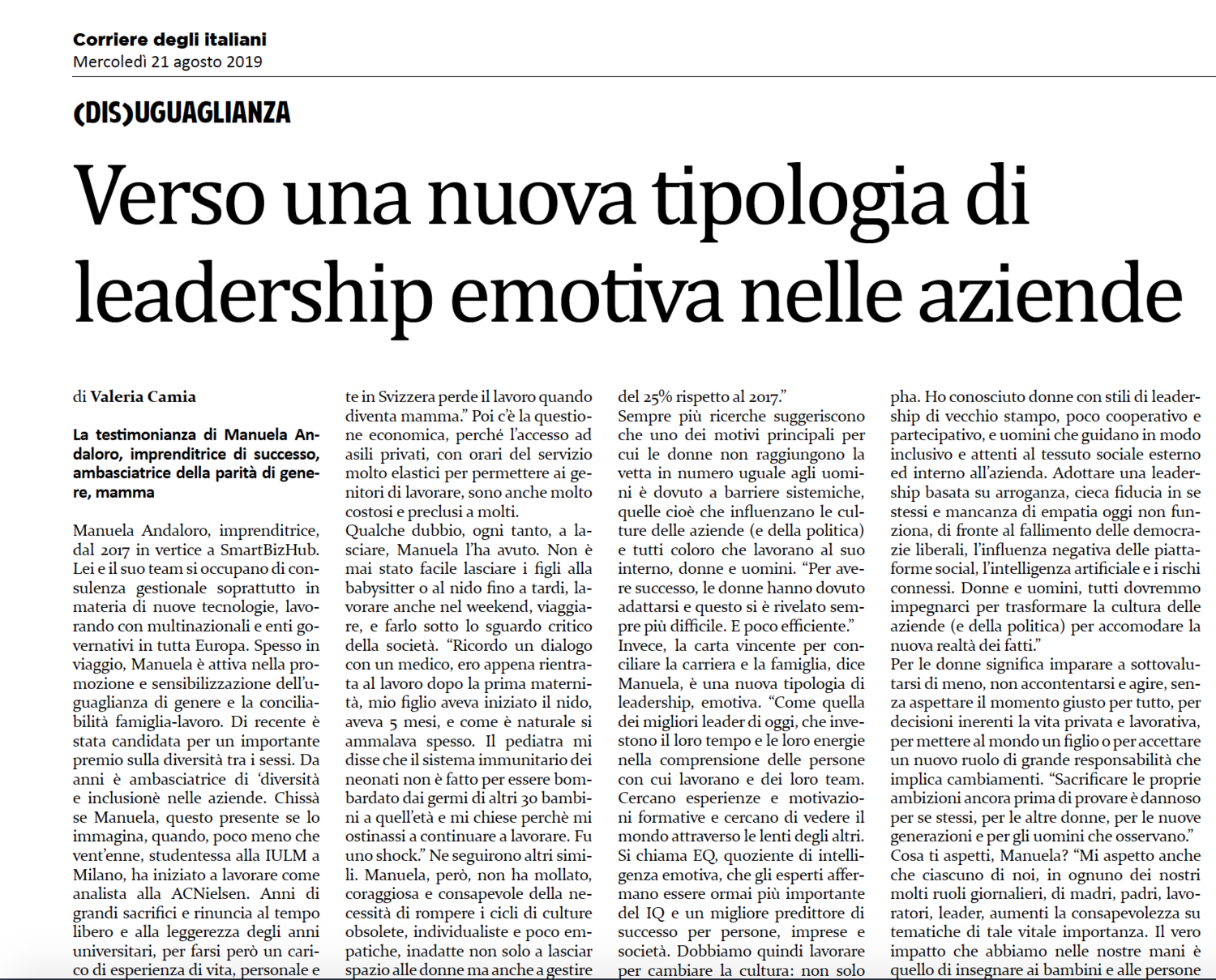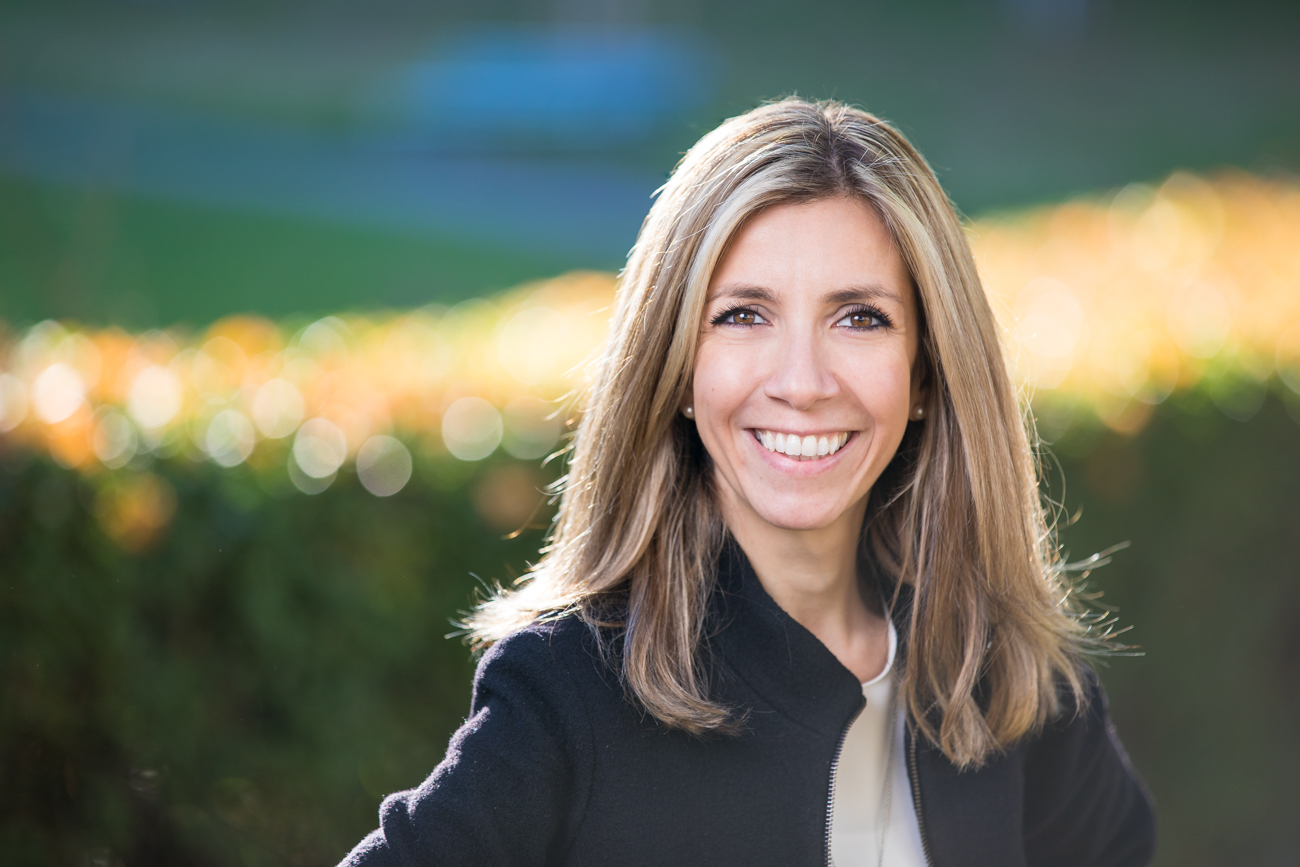Article and Cover Story by Manuela Andaloro for FocusOn Mag, August 2019.
At the inauguration of Brazil’s new far-right president, Jair Bolsonaro, in early January, a crowd of his supporters began a surprising chant. They weren’t cheering for Bolsonaro or his running mate or their party; instead, they were reciting the names of social media platforms. "Facebook!", "WhatsApp!" shouted the crowd.
They were crediting the platforms with their man’s victory, and they aren’t entirely wrong. During the campaign, a conservative pro-business interest group funded a massive disinformation campaign on WhatsApp (the popular messaging app owned by Facebook). False and damaging information about Bolsonaro’s left-wing opponent spread like wildfire in the run-up to the vote. This deluge, according to one Brazilian expert, played a role in Bolsonaro’s victory.
Bolsonaro’s sympathizers and supporters are part of an increasingly dangerous worldwide trend. A troubling development, now familiar to many, is now evident: social media, once seen as a profoundly democratic technology, is increasingly serving the needs of authoritarians and their allies.
Many observers have noted that entrenched authoritarian states, like Russia and China, have gotten very good at manipulating these platforms to marginalize domestic dissidents and destabilize democracies abroad. What has gotten less attention is how authoritarian factions inside democratic states — far-right politicians and parties that are at best indifferent to democratic norms — benefit from the nature of modern social media platforms.
The American 2016 elections, those in Brazil in 2018, the ones in the United Kingdom in 2016 and in Italy in 2017 have demonstrated that social media are a tool that is unfortunately widely used for this type of activity.
Should we perhaps admit a rather painful truth? Has social media, perhaps, become an authoritarian tool in the manner in which they are currently being used?
How the far right gains an advantage using social media
The Journal of Democracy is one of the premier academic venues for analyzing the current state of democratic politics. Its most recent issue features an essay from Ronald Deibert, a political scientist and director of the University of Toronto’s tech-focused Citizen Lab, on the role of social media in modern politics. His conclusion?
“It seems undeniable,” Deibert writes, “that social media must bear some of the blame for the descent into neo-fascism.”
Ten years ago, Deibert’s view — now widely shared among journalists and scholars — would have sounded absurd.
The main characteristic of social media seem to be a vague democratic promise, but the rapid dissemination of information can be used against democracy through information overload and the dissemination of false news that leverage the fears of those who often have few means to understand the reality of the facts.
An always-on, real-time information tsunami creates the perfect environment for the spread of falsehoods, conspiracy theories, rumours, and “leaks.” Unsubstantiated claims and narratives go viral while fact-checking efforts struggle to keep up. Members of the public, including researchers and investigative journalists, may not have the expertise, tools, or time to verify claims. By the time they do, the falsehoods may have already embedded themselves in the collective consciousness.
A recent study found that conservatives were more than four times as likely to share fake news on Facebook as liberals. Another study, from researchers at the University of Oxford, found that conservative users were overwhelmingly more likely to spread “junk news” (defined as outlets that “deliberately publish misleading, deceptive or incorrect information”).
The University of Oxford’s Samantha Bradshaw and Philip Howard put out a report last year on the political abuse of social media platforms in 48 countries. They argue that in each of these cases, the use of tools like fake news and trolling undermine the health of democratic regimes and benefit authoritarians. The more anger there is out there, the more support is guaranteed to anti-democratic forces.
"Unfortunately, there is mounting evidence that social media are being used to manipulate and deceive the voting public—and to undermine democracies and degrade public life", they write. "Social media have gone from being the natural infrastructure for sharing collective grievances and coordinating civic engagement, to being a computational tool for social control, manipulated by canny political consultants, and available to politicians in democracies and dictatorships alike."
A BuzzFeed analysis found that between 2012 and 2017, seven of the ten most popular articles about German Chancellor Angela Merkel on Facebook were false. Merkel is widely seen as a champion of European liberal values and inclusiveness, one of the major bulwarks against the far-right tide on the continent. Three of the seven false articles in the BuzzFeed list were attacks on her immigration record, all focusing on making immigrants seem like threats to Germany and Merkel unreasonably sympathetic.
Facebook’s role in Brexit and the threat to democracy.
In a recent viral and unmissable TED Talk that has garnered over two million views in just two months the journalist and Pulitzer Prize candidate Carole Cadwalladr has discussed one of the most shocking events in recent times: the very close vote in the United Kingdom in 2016 to leave the European Union. In her speech Carole mentions the "gods of Silicon Valley" for their role in helping authoritarians consolidate their power in different countries.
In her talk, Cadwalladr spoke to those whom she identifies as the chief culprits: Facebook's Mark Zuckerberg and Sheryl Sandberg, Google's Larry Page and Sergey Brin, and Twitter's Jack Dorsey.
"This technology that you have invented has been amazing but now it's a crime scene. And you have the evidence. And it is not enough to say that you will do better in the future because to have any hope of stopping this from happening again, we have to know the truth…because what the Brexit vote demonstrates is that liberal democracy is broken, and you broke it. This is not democracy: spreading lies in darkness, paid for with illegal cash from God knows where. It's subversion and you are accessories to it."
It’s not all bad, is it?
There are places where the democratic promise of social media, which has for example favoured the Arab spring or movements to counteract Orbán in Hungary and also Erdogan in Turkey, is not extinguished but they are the minority in relation to the damage that the social media platforms seem to be inflicting on the liberal order of democracies throughout the world.
Social media right now is functioning as a kind of parody of the classic “marketplace of ideas” mode of the public square. Instead of the best ideas winning out in free debate, there are so many bad ideas that the good ones simply get drowned out.
In August 2018, MIT Technology Review revisited its 2013 “Big Data Will Save Politics” cover, publishing a series of essays examining whether the technology had lived up to its promise. The overwhelming conclusion was that the magazine had been far too naive.
“Today,” editor-in-chief Gideon Lichfield writes, “technology feels as likely to destroy politics as to save it.”
M.
(Sources: TED, Umidigital, Uni Oxford, MIT, Vox, Journal of Democracy)
As published in Focus ON’s cover story, August 2019, download original article in Italian here.











